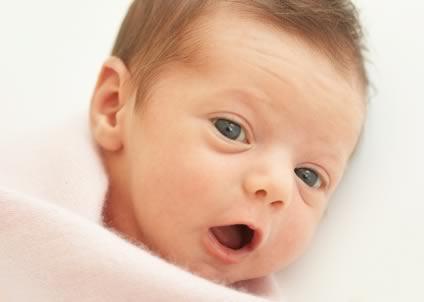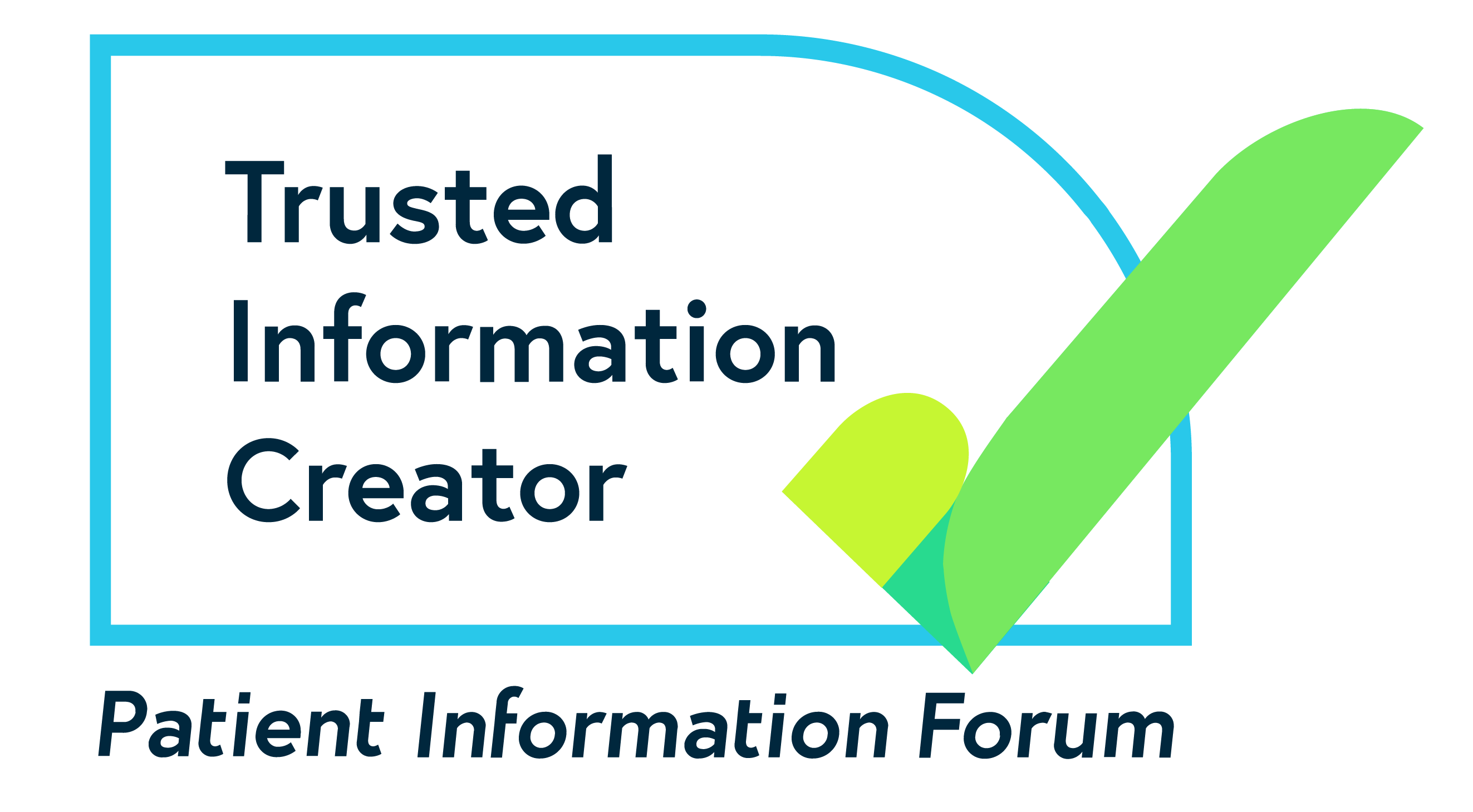Baby
Is my baby teething? (Video)
Show transcript
Hide transcript
Maura: The average age for a baby to get their first tooth is about six months. However, all babies are different and some babies haven’t even got a tooth when they’re one year old and there are very few babies who are actually born with a tooth in their mouth.
Symptoms of teething vary from baby to baby. Some babies will display very few symptoms and some babies will display a lot of symptoms.
One of the symptoms of teething is baby’s gums will be red and swollen. Another symptom is that your baby may be dribbling a lot. If this is the case it’s really important that you wipe the saliva off your baby’s chin, otherwise they’ll get a really nasty rash.
Your baby will be chewing, they’ll want to chew on everything. Some babies may have a slightly raised temperature, up to about 37.5 degrees C, and another symptom is that baby’s cheek will be very, very red and sore.
Baby may be slightly fretful, irritable, not their normal self. They may also find that their appetite is slightly affected, they may not be as hungry. And another thing that many parents comment on is that their baby’s sleep is slightly disrupted because they’re teething.
One thing that works very well for a lot of parents is having a teething ring. Another thing that parents use are sugar-free teething gels, these can be used after four months of age. Obviously comforting your baby, reassuring your baby because they are quite fretful.
You can also give a painkilling medicine that’s aimed just for children if you think your baby is in a lot of pain.
It’s a good idea to start brushing your baby’s teeth even before the tooth comes through. The aim of that is to get them in the habit of understanding that they have to have their teeth brushed.
Your dentist will be able to advise you when is the right time for your baby to have a dental check-up. All children under the age of 18 in the UK are entitled to free NHS dental treatment.
Symptoms of teething vary from baby to baby. Some babies will display very few symptoms and some babies will display a lot of symptoms.
One of the symptoms of teething is baby’s gums will be red and swollen. Another symptom is that your baby may be dribbling a lot. If this is the case it’s really important that you wipe the saliva off your baby’s chin, otherwise they’ll get a really nasty rash.
Your baby will be chewing, they’ll want to chew on everything. Some babies may have a slightly raised temperature, up to about 37.5 degrees C, and another symptom is that baby’s cheek will be very, very red and sore.
Baby may be slightly fretful, irritable, not their normal self. They may also find that their appetite is slightly affected, they may not be as hungry. And another thing that many parents comment on is that their baby’s sleep is slightly disrupted because they’re teething.
One thing that works very well for a lot of parents is having a teething ring. Another thing that parents use are sugar-free teething gels, these can be used after four months of age. Obviously comforting your baby, reassuring your baby because they are quite fretful.
You can also give a painkilling medicine that’s aimed just for children if you think your baby is in a lot of pain.
It’s a good idea to start brushing your baby’s teeth even before the tooth comes through. The aim of that is to get them in the habit of understanding that they have to have their teeth brushed.
Your dentist will be able to advise you when is the right time for your baby to have a dental check-up. All children under the age of 18 in the UK are entitled to free NHS dental treatment.
Track your baby’s development

Join now to receive free weekly newsletters tracking your baby’s development and yours throughout your pregnancy.
advertisement
-
Community
-
Getting pregnant
TOP RESOURCES
-
Pregnancy
TOP RESOURCES
-
Baby
TOP RESOURCES
-
Toddler
TOP RESOURCES
-
Preschooler
TOP RESOURCES
-
Life as a parent
TOP RESOURCES
-
Video
TOP VIDEOS








































































